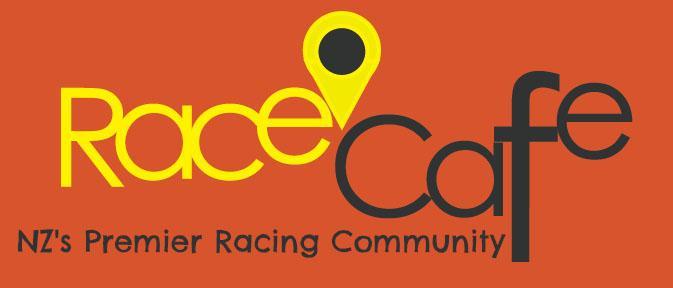RaceCafe..#1...Tipsters Thread.... Share Your Fancies For Fun...Lets See Who The Best Tipsters Here Are.
Came across this ( part of, rest to follow ) doesn't this mean the NZRB strategy must fail ?
By
Midget, in Thoroughbred Cafe

